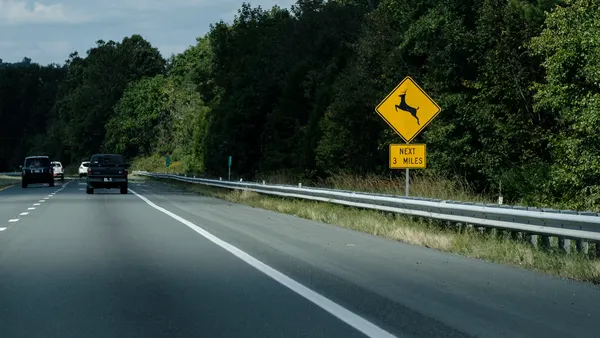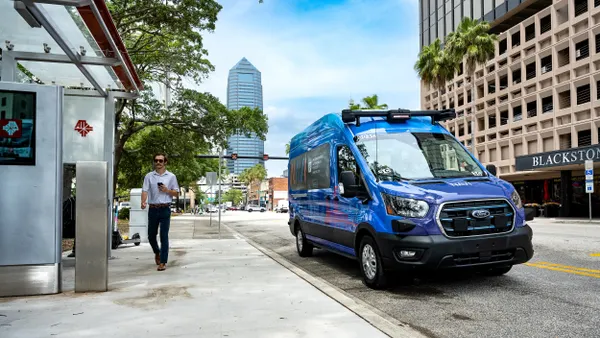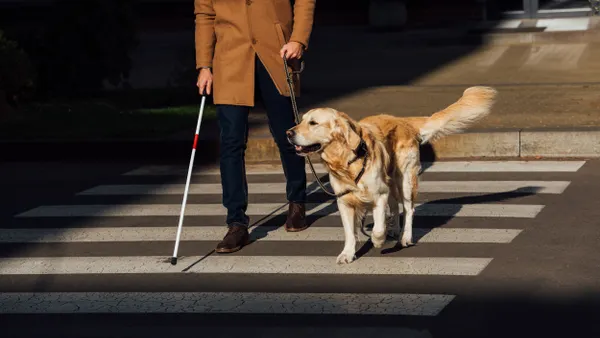Dive Brief:
- Disability Rights California has filed a class action lawsuit against the city of San Diego and scooter companies Bird, Lime and Razor on behalf of people with disabilities, charging that the dockless vehicles have made sidewalks unsafe.
- The suit charges that the companies are violating the federal Americans with Disabilities Act and state anti-discrimination laws by allowing consumers to leave scooters on sidewalks and curb ramps and seek an order prohibiting the companies from operating on public walkways. San Diego is named in the suit for failing to maintain accessible sidewalks.
- Lime told Smart Cities Dive in a statement that "public safety has always been at the very core of everything we do" and that the company is "committed to keeping our communities safe for everyone." Bird and Razor have not yet responded to requests for comment from Smart Cities Dive.
Dive Insight:
Clutter has been one of the biggest complaints against dockless scooter and bike companies, but the lawsuit underscores that for people with disabilities, clutter is more than just a nuisance. Aaron Greeson, a plaintiff in the lawsuit who is blind, said in a statement that he doesn’t leave San Diego’s Blind Center anymore because of the sidewalk obstacles. "I’ve already fallen once because of the scooters. I don’t want it to happen again," Greeson said.
It’s one of several lawsuits against scooter companies. A class action suit filed in a federal court in California accused several scooter companies of "gross negligence" and "aiding and abetting assault" for not cleaning up public spaces. Additionall, an Austin, TX man this month sued Bird over $2,400 in medical bills he says he accrued after tripping over a scooter on a sidewalk, reports the Austin American-Statesman.
Bird and Lime both recommend that riders stay off of sidewalks and park responsibly, but companies and cities have little power to enforce that beyond voluntary measures like Lime’s "Respect the Ride" campaign. Some cities have tried to crack down by limiting the number of vehicles that companies can make available or creating specialized parking zones. San Diego has explored rules that would limit speeds and warn riders against going on sidewalks, but limited bike lanes have pushed many riders onto sidewalks.
"People with disabilities should not have to stay in their houses because they are afraid to venture out the door due to scooters blocking their pathway everywhere they go," said Ann Menasche, an attorney with Disability Rights California. "They have a right to use the city sidewalks just like everyone else who lives or visits here."









